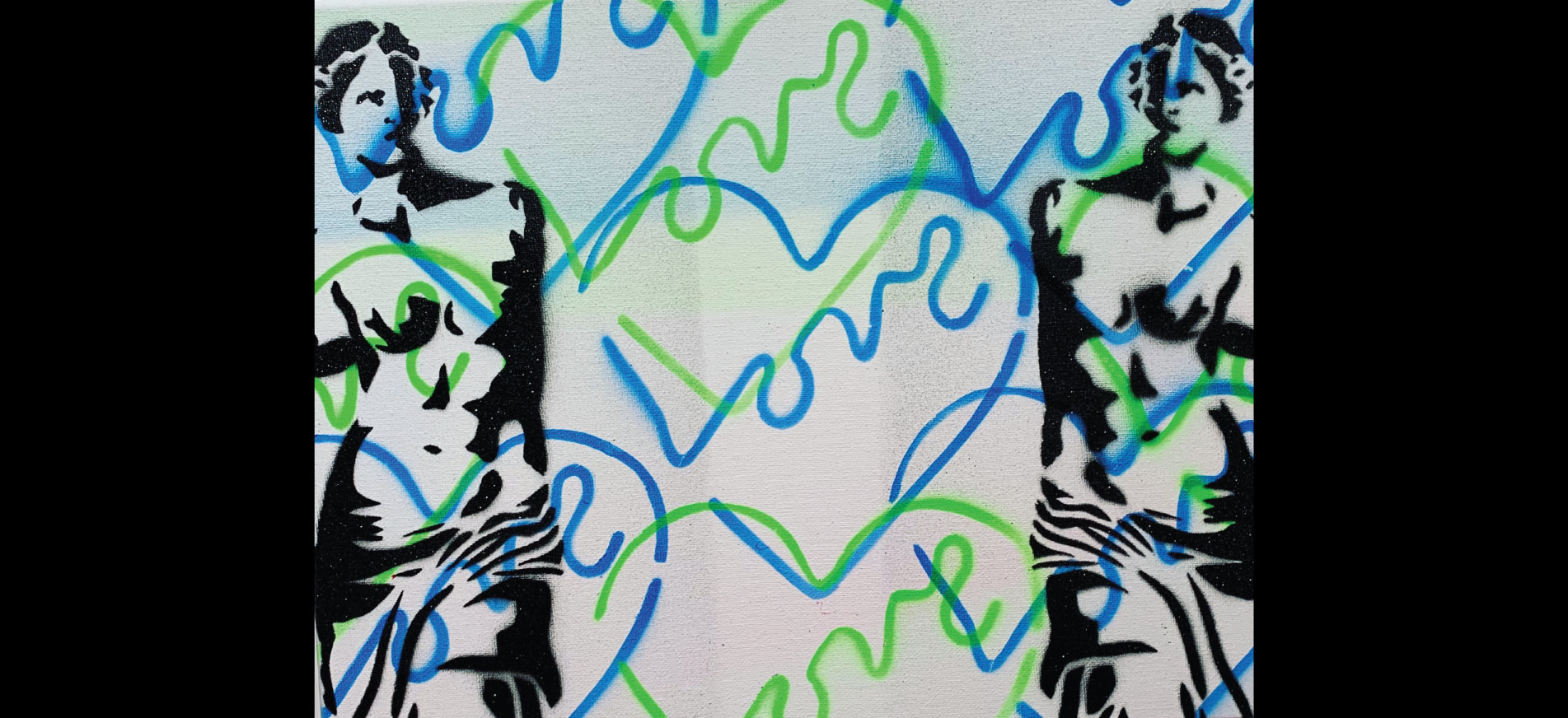
June is Pride Month and MiSA is reaching out to our art and design community to their share personal stories. What began as a protest in 1969 at Stonewall Inn, is now a celebration about how far the LGBTQ+ community has come regarding civil rights.

Joaquin Abrego is a licensed interior designer and artist who believes beautiful spaces have the power to transform your daily life. His vast knowledge of design, finishes and interior architecture allows him to be an integral part of the project’s multiple phases, from the start of the design development well into the construction document process. His extensive experience with vendors makes him invaluable to the furniture selection, specification, bidding, and procurement processes. His project types include higher education, K-12, commercial interiors, retail, hospitality, and residential. He has a dedication to detailed design, innovation, and product research, but most importantly, to excellent customer service. His current focus has been helping clients better understand the impact furniture has on a student’s performance and well-being. Whether it is an interior or exterior space, furniture plays an undeniable key role in our daily lives.
We sat down with Joaquin to discuss his experience working in the AEC (architecture, engineering, construction) industries which have a history of some hardships when it comes to the treatment of the LGBTQ+ community.

MiSA: How long have you been in the industry?
Abrego: I have been in the design field since 2008. Prior to that I spent 6 years in the social services field.
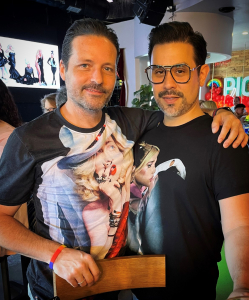
MiSA: Early in your career, did you feel the need to keep your personal life hidden, and have you observed a positive change in the industry over the years?
Abrego: This is an ironic question since I have never been someone who has hidden any part of my life. To tell the truth, I don’t think I was ever “in the closet.” So, my answer to this might be a little biased or skewed. Since 2008, I have only worked at 2 different design firms, both of which have been extremely welcoming, accepting, and inclusive. As a matter of fact, the first firm was owned and operated by an influential and openly gay Hispanic male. Which at the time of my initial job hunt was not very common; all the firms I had interviewed at before were led by straight white men. It should also come as no surprise, that the owner of Munoz & Co. would eventually become my mentor and role model, which brings me to the second part of this question.
I strongly believe visibility is key in normalizing LGBTQ people as part of mainstream America, because if you can see them, you can be them. In recent years, I have witnessed a positive shift in the diversity in leadership and decision-making roles. I think my recent change in job titles, and the election of the openly gay council member in district 2, are definite proof of increased representation not only in the design field but across various professions.
MiSA: How have things changed over the years with outside collaborators (i.e. clients, contractors, other consultants)?
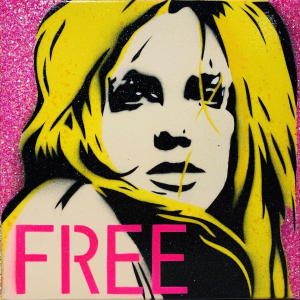
Abrego: To be very honest, my encounters have been great when working with outside collaborators. In my personal experiences, I have found that my personality, design ability, and customer service drove the interactions more than my identity. I feel the arts and design fields have a greater acceptance of openly gay males. I think part of this is a result of the glamourized Hollywood stereotypes of the “gay best friend” or “gay designer” that are always fashionable and funny; and I suppose the novelty is what attracts or puts off some people. Thankfully, my experiences have all been positive regarding the design field, and the more I work with a person or group, the better I am received in the future. Spending more time with them helps move us past the novelty and allows us to refocus on the task at hand and my ability to do the job.
MiSA: What do you recommend that firms do if one of their LGBTQ+ staff members is harassed by a collaborator outside of the office?
Abrego: This should be handled the same way any other harassment situation in the workplace would be. I think the misconception is LGBTQ people want special treatment, but the reality is, we want to be treated fairly and equally. We want the same rights, opportunities, and securities the rest of hetero America has had. That said, it wouldn’t hurt if all workplaces found a way to incorporate yearly sensitivity, diversity, or inclusivity trainings. I mean, who doesn’t want to work in a safe space with a culture that respects and values your skillset and commitment to the job.
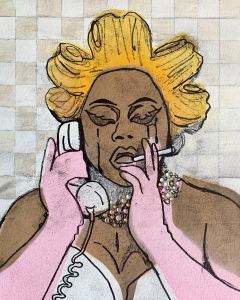
MiSA: In your experience, where are we now and how far do we have to go for the LGBTQ+ community to feel heard and accepted at work?
Abrego: This is a tough question. In general, communication, respect, and education are key to the future of diversity, equality, and inclusivity. I think we have come a long way but have a long way to go. On the one hand, it is better than it was in the 1960s, but it certainly is not as easy and normalized as it could be. Some companies are trailblazers of inclusivity and equality, while others are slow and even stuck in the past. Thankfully, I have been fortunate enough to work at forward thinking design firms that focus on your ability to do the job and not how you identify.
MiSA: Why do you think pride month is important?
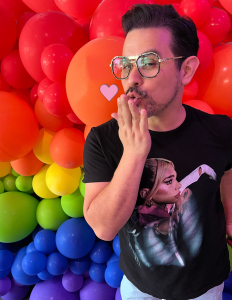
Abrego: Pride month is important because it acts as a beacon of hope to those who are still afraid, ashamed, alone, and hiding. The month-long celebration allows the community to visibly witness the inclusion and appreciation of gay culture. It is the celebration of self-acceptance and normalization. It is a celebration of love, acceptance, respect, kindness, tolerance, and growth. It is a month-long reminder to the LGBTQ community that we are not alone in the fight for equality and inclusivity. We have each other, allies, coworkers, and family members that stand with us not only to celebrate, but to protect, defend and activate change. Pride month also acts as a salute to those who have lost their lives in the fight for equality and inclusion over the decades. It reminds us of where we were, how far we have come, and how much work there is left to do.
See more Joaquin's work by following him on Instagram.
